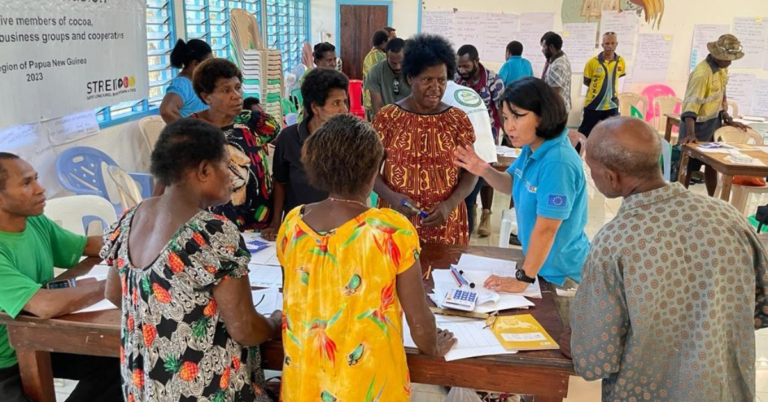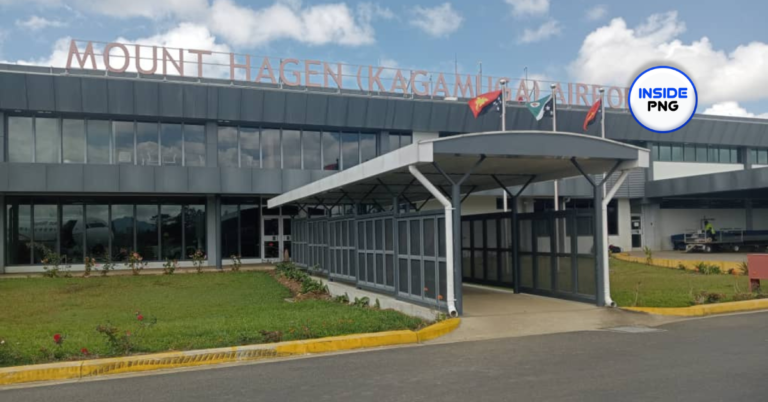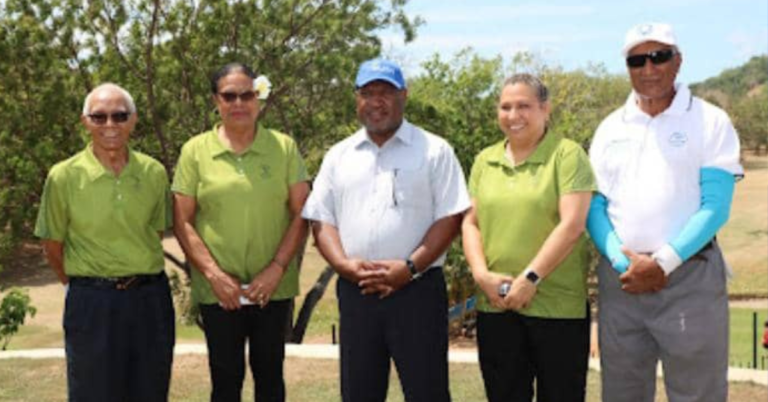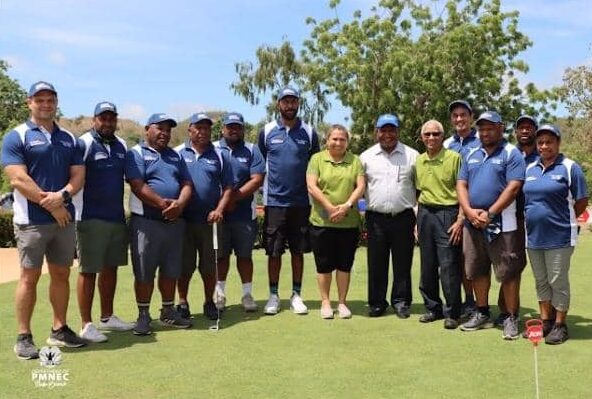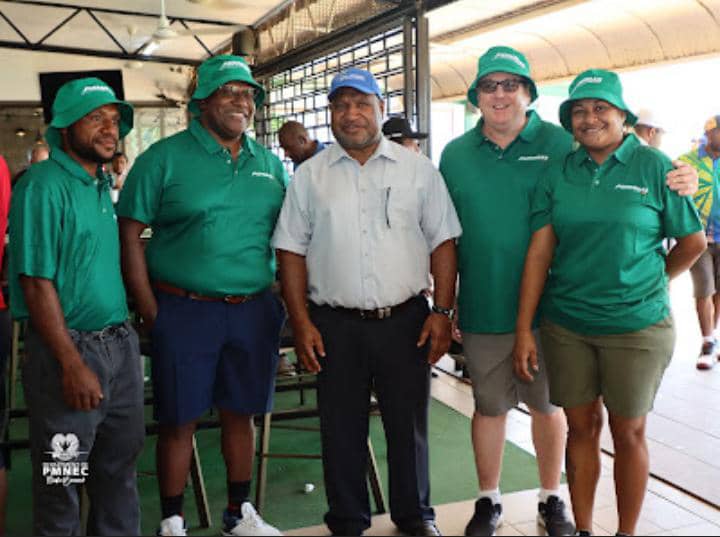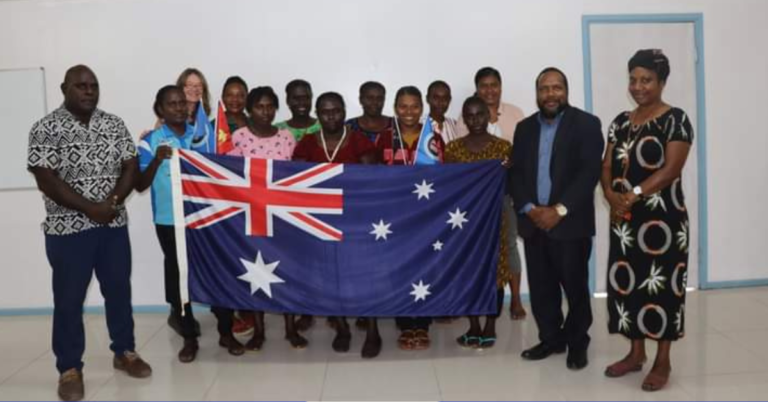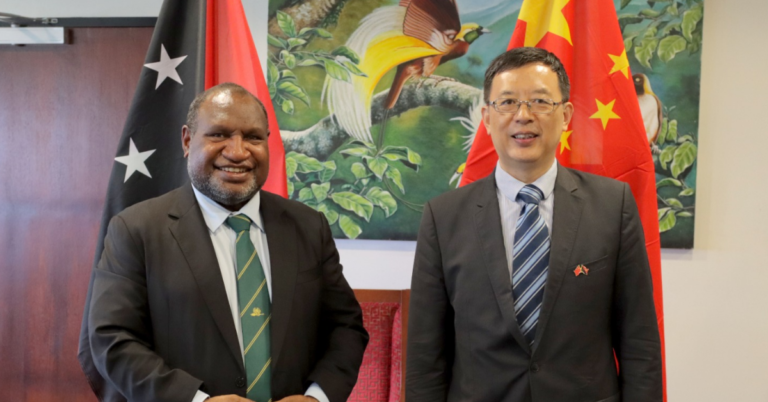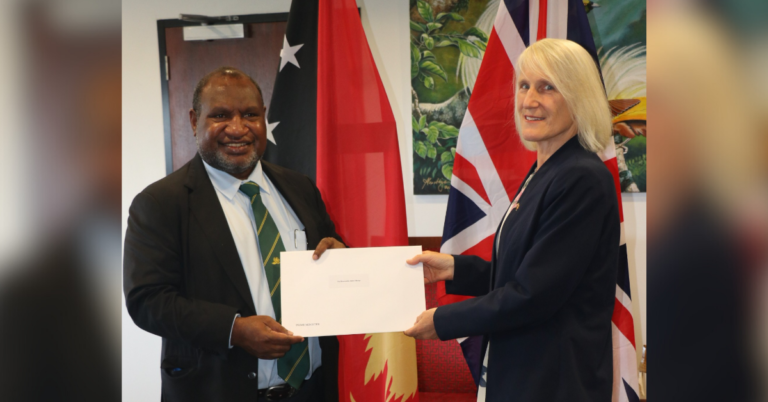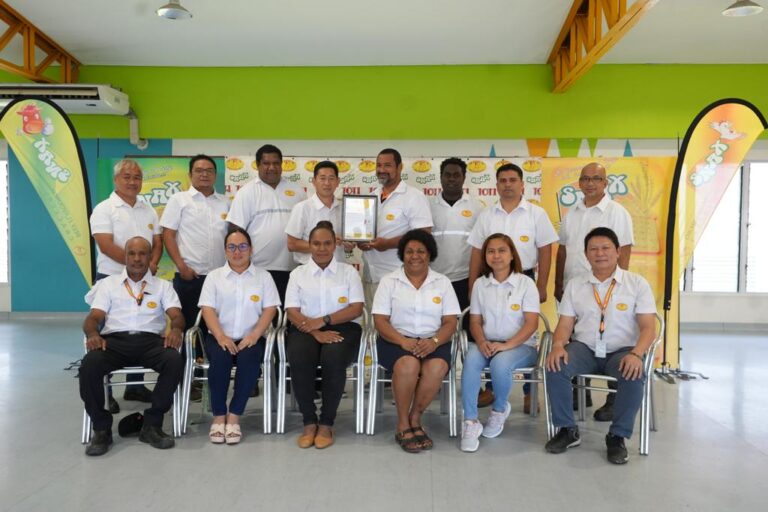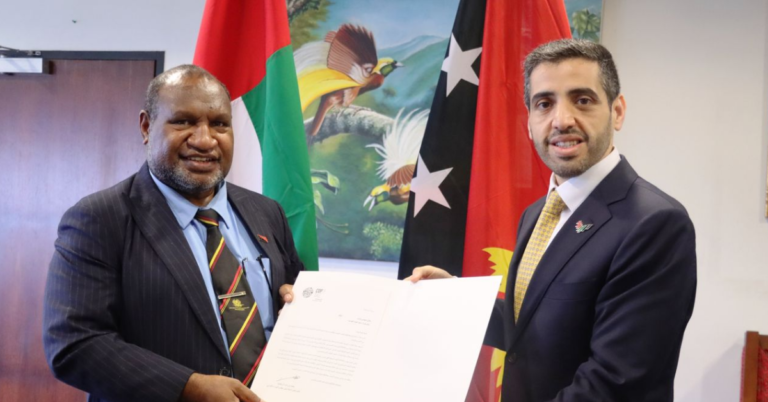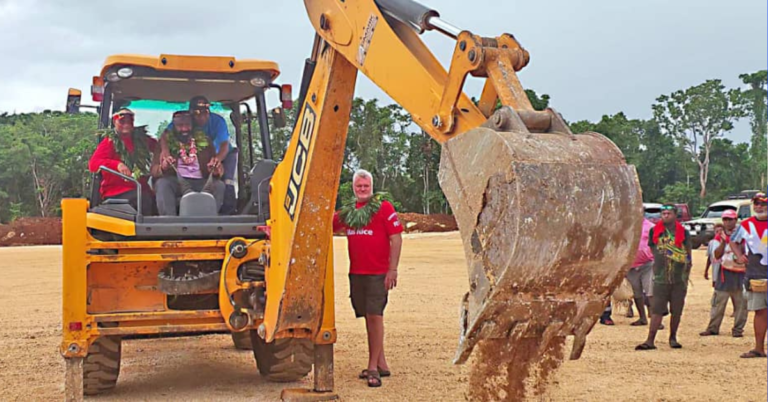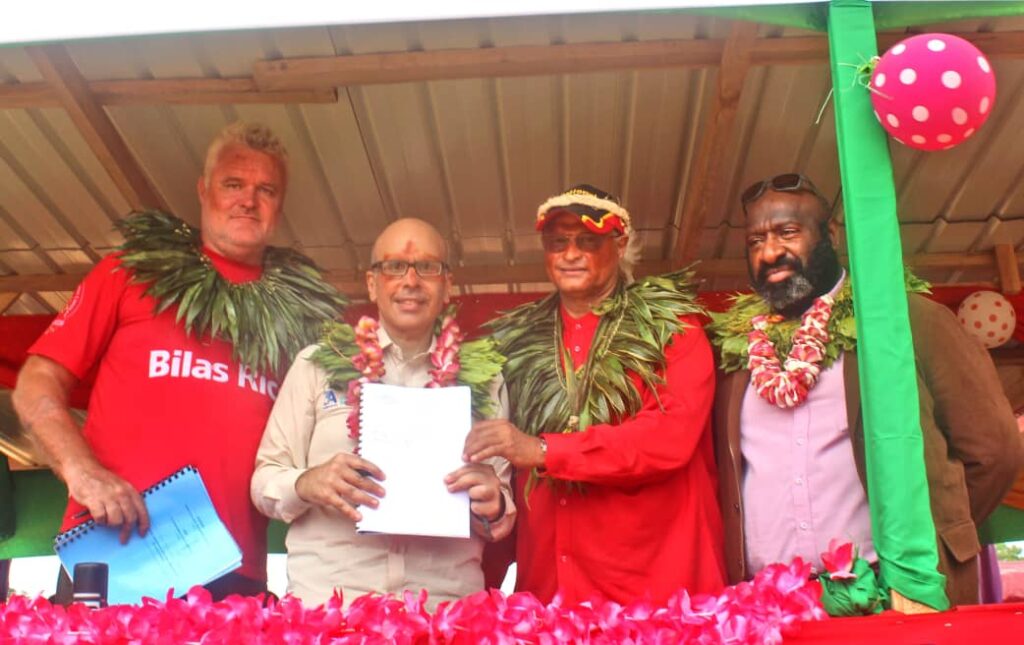Lae Biscuit Company, a Papua New Guinea (PNG) owned food manufacturing company, has made history by becoming the first in the country to receive accreditation from SAI Global for the Food Safety System Certification FSSC 22000. This prestigious certification is a globally recognized food safety standard, which showcases the company’s commitment to international food industry requirements.
The FSSC 22000 certification is based on the technical specifications and standards of ISO 22000, ISO 9001, ISO/TS 22002, and the additional requirements of FSSC 22000. The accreditation process is recognized by the Global Food Safety Initiative (GFSI), implying a rigorous system to manage food safety risks and provide safe products for use by companies in the food industry.
The achievement is a significant milestone for the Lae Biscuit Company, particularly for the Chow family who have nurtured the business from its humble beginnings to a level where it now competes with multinational companies.
In 2021, Lae Biscuit Company, alongside ten other food manufacturing companies in Papua New Guinea, was awarded the Hazard Analysis Critical Control Point (HACCP) certification by the Papua New Guinea Certification Services through the National Institute of Standards and Industrial Technology (NISIT) in PNG.
The attainment of the HACCP certification took three years, while the FSSC 22000 certification required over a year of dedicated effort.
Ian Chow, Chairman of Lae Biscuit Company, expressed his pride over the company’s accomplishment. He commended the managers and staff for their relentless commitment and for fulfilling all the requirements to achieve this certification.
Edwin Elmer Wong, the General Manager, shared the company’s delight in being the first PNG-owned company to receive the FSSC 22000 certification. He emphasized the importance of the certification, from the procurement of raw materials to line production and final products, and even to the up-skilling of manpower.
“The certification underlines Lae Biscuit as a food manufacturing company that produces trusted brands of exceptional quality and absolute value,” said Wong. He also noted that the certification would further enhance quality production and productivity through the identification of specific control points and the implementation of appropriate control measures.
The achievement comes after the opening of the state-of-the-art Lae Biscuit Company factory in October 2017. The company now guarantees its manufacturing safety systems and management in compliance with the latest benchmarking requirements of the Global Food Safety Initiative (GFSI).
The news of the FSSC 22000 certification came over the Independence weekend, marking a new chapter of global recognition for Lae Biscuit Company and Papua New Guinea’s food manufacturing industry.


